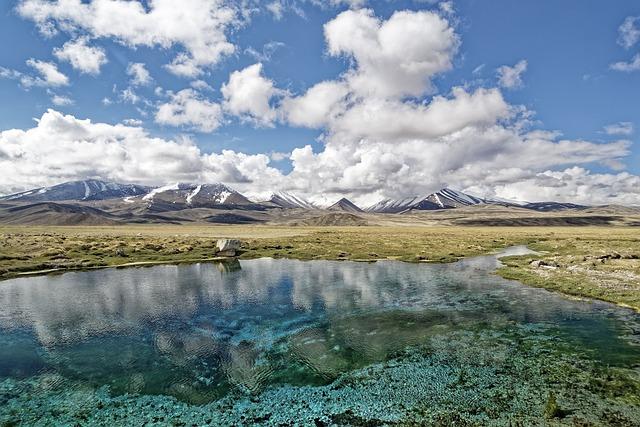Pakistan’s National Parks: Conservation and Challenges
Pakistan is blessed with magnificent landscapes, rich biodiversity, and an array of ecosystems that create a haven for wildlife enthusiasts and nature lovers. The country hosts several national parks, each offering unique flora and fauna. However, these natural treasures face significant conservation challenges. This article dives deep into Pakistan’s national parks, exploring their importance, the conservation efforts, and the hurdles they face.
Understanding Pakistan’s National Parks
National parks in Pakistan serve as critical ecosystems that support wildlife and preserve natural habitats. They provide recreational opportunities, contribute to ecological balance, and promote environmental education. Some well-known national parks include:
- Hunza National Park: Famous for its stunning landscapes and rich biodiversity.
- Khunjerab National Park: Home to the spectacular Khunjerab Pass and diverse wildlife, including the snow leopard.
- Margalla Hills National Park: Located near Islamabad, it’s a popular spot for hiking and observing urban wildlife.
- Ratti Gali National Park: Known for its alpine lakes and diverse plant species.
Conservation Efforts in Pakistan’s National Parks
The government and various NGOs actively engage in conservation efforts in Pakistan’s national parks. Key initiatives include:
1. Establishing Protected Areas
The designation of national parks helps safeguard natural habitats from urbanization and exploitation.
2. Wildlife Research and Monitoring
Conducting regular wildlife surveys helps in monitoring animal populations and habitat conditions.
3. Community Engagement
Local communities are often involved in conservation initiatives, promoting sustainable practices and ecotourism.
4. Anti-Poaching Measures
Increased patrolling and community awareness campaigns aim to reduce poaching incidents.
5. Eco-Tourism Promotion
Developing eco-tourism within national parks fosters both conservation and local economic growth.
Challenges Facing Conservation in National Parks
Despite successful conservation efforts, national parks in Pakistan encounter numerous challenges:
1. Urbanization and Habitat Loss
Rapid urbanization leads to habitat destruction, affecting wildlife populations.
2. Climate Change
Changing weather patterns threaten ecosystems and species that are not adapted to rapid changes.
3. Poaching and Illegal Wildlife Trade
Poaching remains a significant threat to many endangered species in Pakistan’s national parks.
4. Limited Funding and Resources
Many parks struggle with inadequate funding, impacting research, monitoring, and protection efforts.
Benefits of Protecting National Parks
The conservation of national parks provides numerous environmental, economic, and social benefits:
- Biodiversity Preservation: National parks protect various species, some of which are endemic to specific regions.
- Climate Regulation: Forests and habitats in national parks play a crucial role in carbon sequestration.
- Tourism Revenue: Eco-tourism generates income for local communities and the national economy.
- Education and Awareness: National parks serve as outdoor classrooms for environmental education.
Practical Tips for Visiting National Parks in Pakistan
If you’re planning a visit, here are some practical tips:
- Research the park’s rules and regulations before visiting.
- Choose eco-friendly accommodations to minimize your impact.
- Participate in guided tours to learn more about local wildlife and conservation efforts.
- Respect wildlife and maintain a safe distance.
Case Study: The Success of Khunjerab National Park
Khunjerab National Park exemplifies successful conservation strategies, particularly for the snow leopard population. Through local community involvement and rigorous anti-poaching measures, the park has seen a remarkable increase in snow leopard sightings. Collaborative conservation efforts have also boosted local tourism, providing economic benefits to surrounding communities.
First-Hand Experience: Exploring Margalla Hills National Park
On a recent hiking adventure in Margalla Hills National Park, I encountered an array of wildlife, from monkeys to various bird species. The park’s serene atmosphere and well-maintained trails offered a perfect retreat from the bustling city life of Islamabad. Engaging with local guides enriched my understanding of the park’s ecological significance, showcasing how humans and nature can coexist harmoniously.
Conclusion
Pakistan’s national parks are vital for the conservation of its rich biodiversity. While significant challenges persist, concerted efforts from government bodies, NGOs, and local communities continue to pave the way for effective conservation strategies. By supporting these initiatives, we can ensure that future generations experience the beauty and grandeur of Pakistan’s natural heritage. Together, we must work towards safeguarding these irreplaceable ecosystems for years to come.



